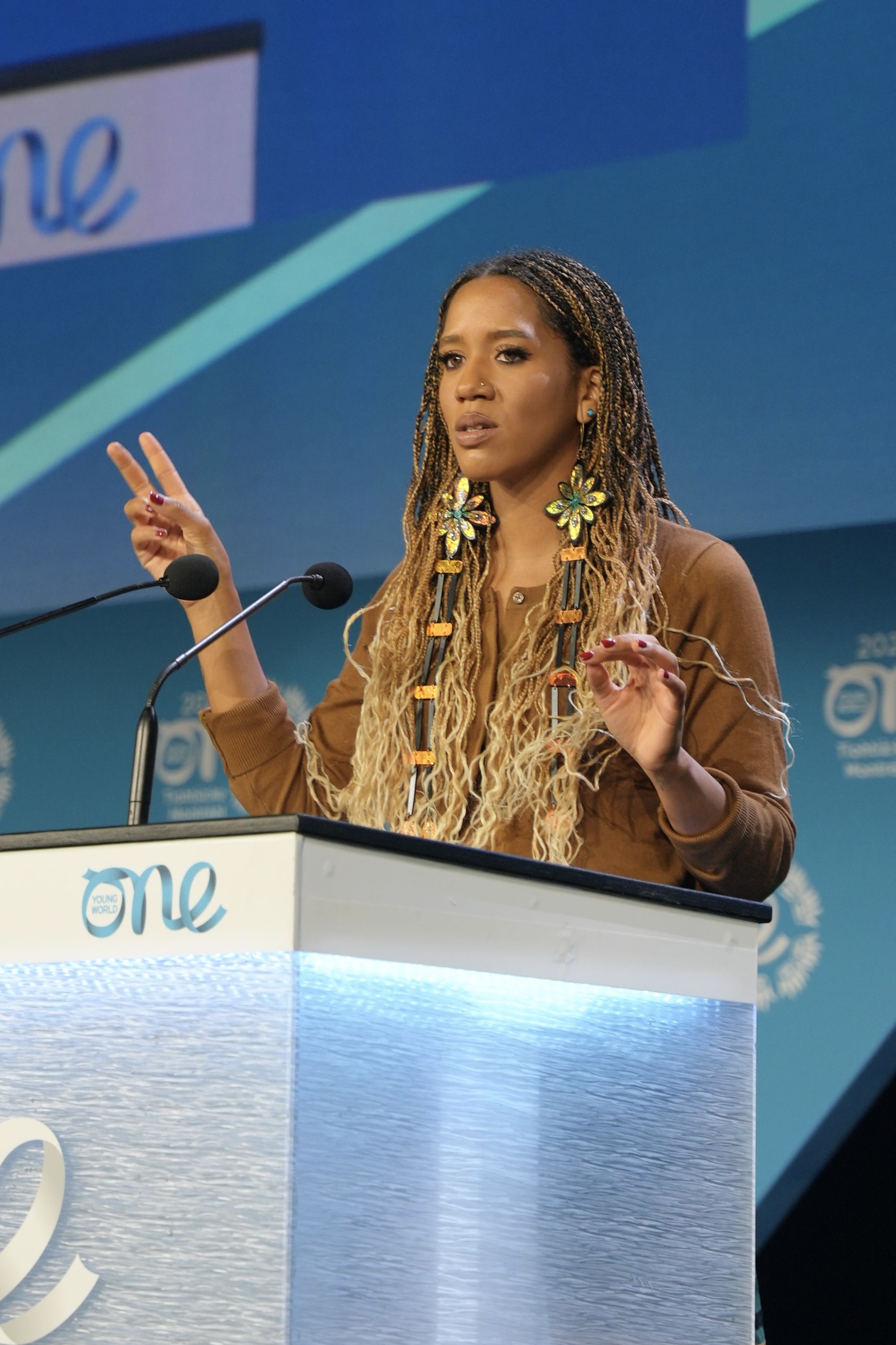Full course description
Date: Wednesday, October 8, 2025
Time: 10 am – 12 pm PST
Audience: All faculty and staff at UBC Vancouver and Okanagan are welcome to attend. Managers and supervisors are highly encouraged to attend.
Location: Zoom. (Once you’ve registered, you will be directed to the course Canvas page where you can find the Zoom link.)
About this workshop
How we think about and use time has more to do with workplace outcomes, like equity and innovation, than we might realize. Many of the challenges we see in workplaces, such as conflict, burnout, and discrimination, can be traced back to assumptions about time, how we use it, and how it’s valued.
This session introduces the concept of temporal (de)colonization, a way of re-examining how colonization has shaped our relationship with time and exploring new approaches that better support people and organizations. We will also explore seasonal work cycle planning, an approach that draws on Indigenous knowledge and seasonal intelligence to align organizational rhythms with natural cycles of growth, rest, and renewal.
By the end of the session, participants will leave with:
- a deeper understanding of how time impacts work outcomes, including equity and well-being in their organizations,
- practical tools to begin applying seasonal work cycle planning to alleviate harm, promote innovation, and foster healthier, more sustainable workplaces.
The workshop is structured as collective consulting: the first hour provides an accessible introduction through research, examples, and practical tools, while the second hour is dedicated to dialogue and case-based consulting with participants. Leaders and managers are highly encouraged to attend, as these approaches have direct implications for decision-making, planning, and workplace culture.
Important notes
- The session will not be recorded. Slides will be shared.
- To maximize the collective consulting experience, participants are encouraged to brainstorm questions for Larissa in advance of the session.
- Closed captioning can be enabled.
About your facilitator:
Larissa Crawford (she/elle) proudly passes on Métis and Jamaican ancestry to her daughters, Zyra and Ātea. She is a published Indigenous, anti-racism, and climate justice researcher, policy advisor, and restorative circle keeper with over 16 years of experience across government, academia, and community. Larissa graduated Summa Cum Laude from York University in 2018 with a Bachelor of Arts in International Development and Communication Studies, earning the university’s highest leadership awards while balancing academics and parenthood. Her early education in the United Nations Sustainable Development Goals brought her to UN events internationally, where she examined global frameworks for data collection and policy. At York University, she later led the York Student Identity Census, setting a precedent for race-based data collection in higher education.
Her policy and advising career includes roles such as Indigenous Policy Advisor at the Ontario Ministry of Energy, Northern Development, and Mines, where she advanced duty-to-consult frameworks, and at the Ontario Anti-Racism Directorate, where she co-led the Ontario Public Service Anti-Racism Competency and Capacity Building Program. She has also contributed to climate and energy justice strategies with Natural Resources Canada and advised national fellowship programs such as Indigenous Youth Roots’ Indigenous Policy School and Vancouver Foundation’s LEVEL Youth Policy Program. These are only examples of her broader portfolio; Larissa has worked with higher education institutions internationally, including MIT and New York University Abu Dhabi, and in nearly every province in what is currently Canada, shaping data-driven, decolonial, and equity-focused approaches to research, policy, and capacity-building.
As a young disabled mother, Larissa was in many ways forced into entrepreneurship at 25 after experiencing discrimination that pushed her out of the conventional workforce. In response, she founded Future Ancestors Services, a next-generation speakers bureau and consulting firm that centers temporal (de)colonization, disability and caregiving accessibility, and sustainability in working relationships. Through this work, she has created space where equity and relational success are valued alongside productivity, reshaping how organizations approach leadership and workplace culture.
Her expertise spans race-based data collection, decolonial governance, restorative conflict resolution, and climate policy, and her leadership has been recognized with honours including the York University One to Watch Alumni Award, Corporate Knights Top 30 Under 30 in Sustainability, Women of Influence’s Top 25, and Pollution Probe’s Equity in Sustainability Award. Complex Canada named her one of “20 Canadians Who Will Shape the Next 20 Years of the Culture.”
Beyond her role as a labourer, Larissa is an avid rock climber and native plant enthusiast deeply connected to Kananaskis Country, on the traditional territories of the Blackfoot Confederacy (comprising Siksika, Piikani and Kainai First Nations), the Tsuut'ina First Nation, and the Stoney Nakoda First Nation, as well as the Métis homeland.

If you have questions, please email Lauren Lee.
Keywords: VRPTGY, ONCS, VRRNSE, ORLS, OE, WG, WGIS, INSWE

